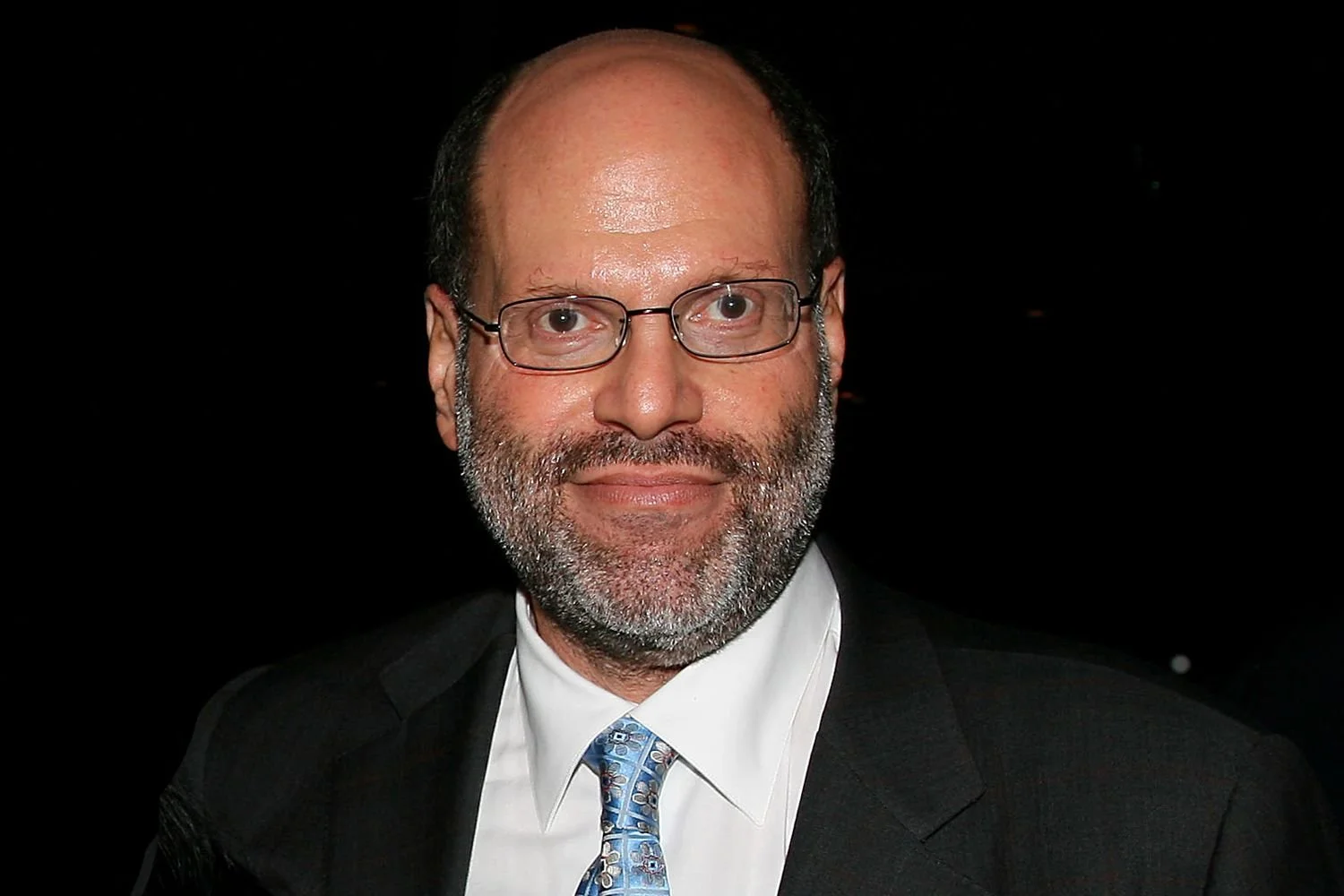Scott Rudin's Return to Broadway: A Reckoning Revisited
Scott Rudin is back on Broadway. Today it was officially announced that he’s producing the upcoming transfer of Samuel D. Hunter’s Little Bear Ridge Road. After stepping away from the theatre in 2021 following widespread allegations of workplace abuse, Rudin’s return has been met with both quiet acceptance and renewed outrage.
There is no question of whether Rudin will be welcomed back by the Broadway community. He already has, by the money makers and the power players. As the industry debates how, or whether, to reconcile with that reality, it’s worth revisiting the full scope of what brought him down in the first place and the trail of damage he left behind.
Abusive Behavior and Toxic Work Environment
In April 2021, The Hollywood Reporter published an exposé detailing a pattern of abusive behavior from Rudin that stretched across decades. Assistants and staff members described his office as a battlefield. He allegedly threw objects like potatoes, glass bowls, and staplers. One assistant said Rudin smashed an Apple computer monitor on his hand, sending him to the emergency room. Others described psychological manipulation, including gaslighting, intimidation, and an emotionally disorienting work culture where praise and punishment came without warning.
Some assistants were allegedly forced to sign non-disparagement agreements upon leaving, and there were reports of Rudin retaliating against former employees by altering or removing their credits from projects. These accounts painted a picture of an environment ruled by fear and controlled through unchecked power.
Despite this, the industry remained largely silent. It was only when public pressure intensified that Rudin issued a statement saying he would step back from all film and theater productions and seek therapy. Still, many felt his apology was too little, too late.
Lawsuits Over To Kill a Mockingbird
Rudin's controlling behavior was not limited to his office. In 2018, his production company acquired the rights to Aaron Sorkin’s adaptation of To Kill a Mockingbird. What followed was a legal campaign that stunned the theater community.
For years, community and school theaters across the country had staged productions using a licensed script by Christopher Sergel. But once Rudin's version opened on Broadway, cease and desist letters were sent to dozens of these theaters, demanding they cancel their shows, even those that had legally acquired performance rights. Productions were shut down in Salt Lake City, Buffalo, Braintree, and beyond.
The legal fight intensified when Dramatic Publishing, which licensed the Sergel version, challenged Rudin’s exclusive claims. An arbitrator later awarded Dramatic more than $2.5 million in damages, ruling that Rudin had overstepped his legal bounds. Yet by then, countless local companies had already suffered financial and reputational harm. The message was clear. Artistic control trumped artistic community.
Casting Controversies: Amar Ramasar in West Side Story
Another moment of controversy came when Rudin cast Amar Ramasar as Bernardo in the 2020 Broadway revival of West Side Story. Ramasar had previously been dismissed from the New York City Ballet after being implicated in a scandal involving the non-consensual sharing of explicit photos of female dancers. Though he was later reinstated by an arbitrator, the decision to give him a major Broadway role prompted public protests and online petitions, one of which gathered more than 20,000 signatures.
Despite the outcry, Rudin and the production team stood by Ramasar, citing union decisions and a lack of criminal charges. Critics argued that this decision reflected a broader pattern. Rudin’s willingness to prioritize prestige and profit over accountability.
A Return Without Resolution
Now, Rudin is quietly stepping back into the industry. And while some may argue that time has passed and the industry has moved on, his reentry raises serious concerns. In a moment when so many artists have bravely spoken out about harassment, exploitation, and abuse, and when the industry has made real strides in fostering a more supportive and inclusive environment, Rudin’s presence feels like a step backward. It threatens to undermine the progress made by those who have fought to make Broadway safer and more equitable for everyone.
No public apology tour. No engagement with the people he harmed. Just a new project and a new press release. While some collaborators are already working with him again, others are left wondering if anything has really changed.
The theatre world often preaches empathy, community, and justice. Rudin’s return tests whether those values hold firm when weighed against power and legacy. Revisiting his past is not about punishment. It is about refusing to forget. The Broadway community should never confuse silence for forgiveness or absence for accountability.
As the curtain rises again on a Scott Rudin production, the industry must decide whether the spotlight should still shine on him or finally turn elsewhere.
